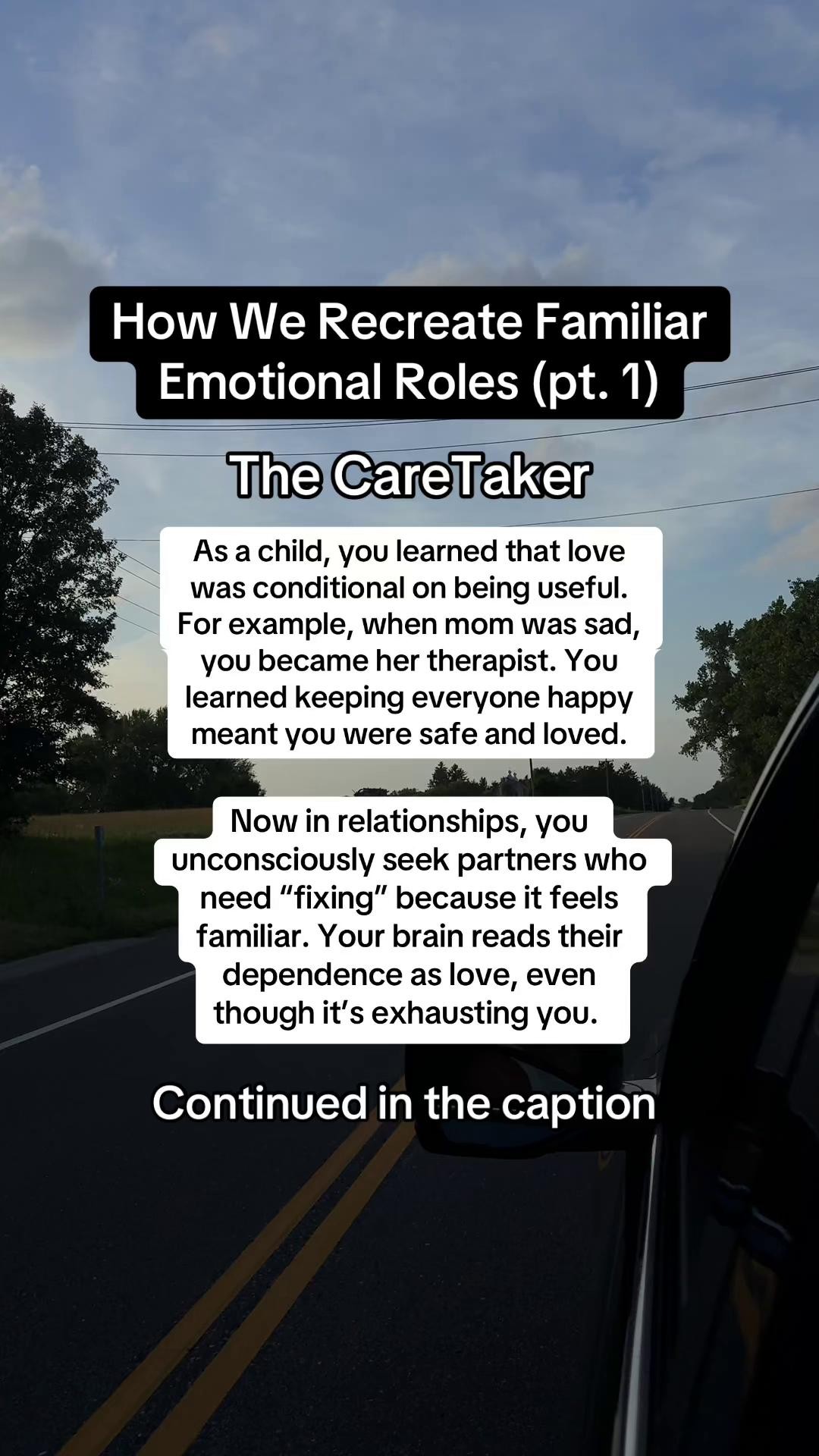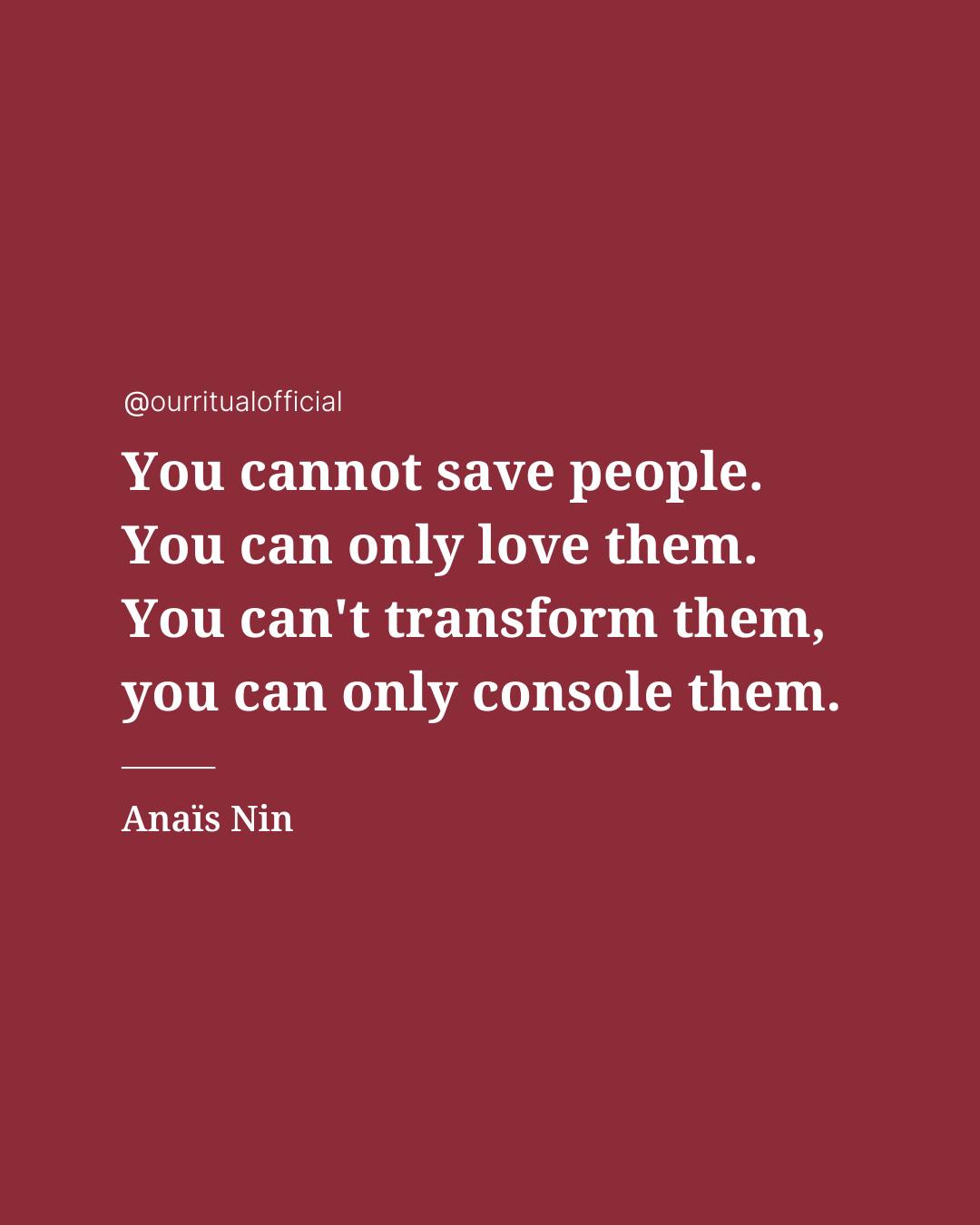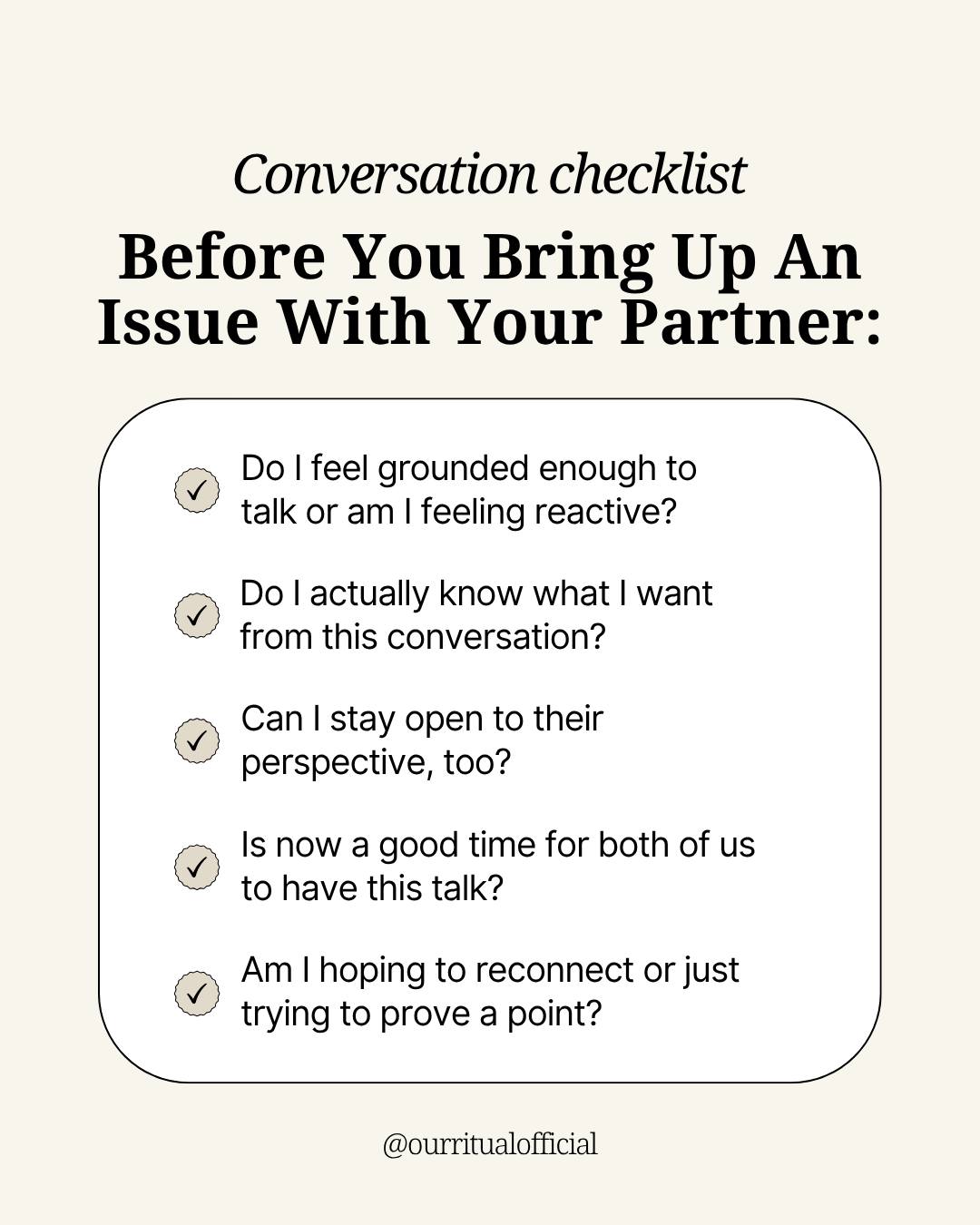Posts by
OurRitual Team
Relationship stages
10 Signs You And Your Partner May Want to Consider Relationship Counseling
How do you know if you need relationship help? These are the 10 signs you and your partner should speak with an expert.
Relationship stages
How to Have a Successful Relationship With Different Parenting Styles
Navigating differences in parenting styles between partners is a common challenge. Unique backgrounds, beliefs, and experiences come into play, leading to conflicts in raising children together. This crucial topic can cause even easygoing couples to feel serious distress. Let's explore effective strategies to cultivate a harmonious parenting dynamic.
Relationship advice
How to Discuss Issues Without Arguments in Relationships
Managing relationship conflicts can be tough, especially when arguments and unresolved issues accumulate. The strain of constant fighting is familiar to many couples. While not all problems have solutions, they don't have to severely strain your connection. Discover effective ways to address differences and change how you perceive conflicts.
Couples therapy
10 Tips to Prepare For Your First Couples Counselling Session
Attending your first relationship guidance session can feel overwhelming, but it doesn’t have to! Here are 10 tips to help you prepare for your first couples therapy/relationship guidance session.
Relationship stages
6 Unsexy Things to do in a Relationship for Better Sex
Much attention is given to sex in our relationship. So we often use sex as the relationship health barometer. Are we having it? Is it good? Are we having it enough? If I don’t want it, is that normal? Then we place values on the answers to these questions - determining and interpreting things about ourselves, our partner and our relationship - based on sex. But here’s the thing, the way we understand sex, is actually not personal.
Relationship stages
6 Tips on How to Keep a Relationship Strong and Happy Long Term
Routine, security, and stability are all virtues of a long term relationship. The down side of these wonderful gains can sometimes be dullness, numbness, and stagnation. B o r i n g. We believe that long term relationships can be absolutely thrilling, with endless possibilities, adventures, and excitement.
Relationship advice
How to Handle Conflict in a Relationship: Why Arguing Well is a Win
In our relationships we strive for “picture-perfect” balance, harmony. And so we avoid conflict - which, according to all the data and science, is actually our sweet spot for growth as a couple. We reject the notion that conflict is bad, and invite people to step in with curiosity, adaptability, and vulnerability instead.
Relationship stages
Personal Things to Work on in a Relationship to be a Better Partner
We’ve inherited so many things from our family which influence our core beliefs, behaviors, and our relationships - big time. But unlike our genes, becoming aware of our core beliefs and how they influence our behavior can help us reflect on whether they serve or limit us. And then we can choose to make a change.
About Author
OurRitual Team
Making relationships last
We're on Instagram
visit instagram


Featured Posts
Newsletter
Thank you! Your submission has been received!
Oops! Something went wrong while submitting the form.









